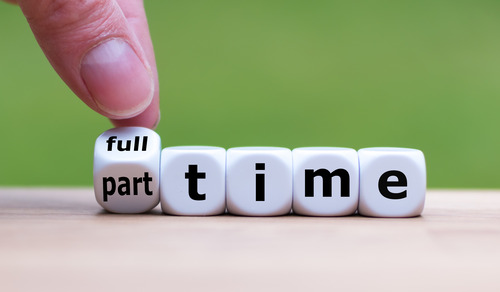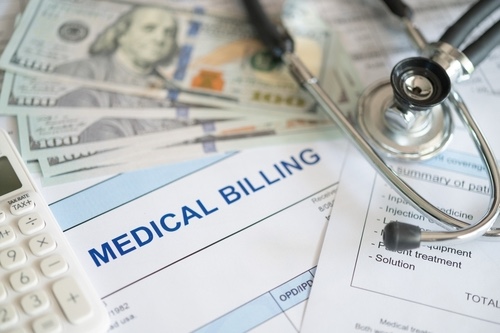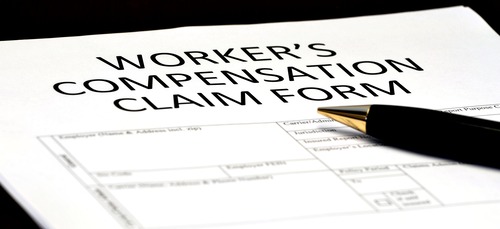When Can I Claim Punitive Damages in Miami?
- Personal Injury
Miami’s best personal injury lawyers have been helping injury victims for several years. One way we help victims is by getting them the maximum compensation for their injuries. This is crucial because allowing injury victims to bear their financial losses is unfair. Furthermore, with our lawyers, injury survivors can get several types of damages.
Chief amongst these are compensatory and punitive damages. Most lawsuits can guarantee compensatory damages. However, punitive damages aren’t available for all cases. Instead, Florida law specifies the circumstance wherein plaintiffs can claim punitive damages. Therefore, it’ll be best to read on to understand this issue.
What Are Punitive Damages?
Punitive damages are monetary awards through which courts punish defendants. They don’t cover the victim’s actual losses. Here, the court has already awarded compensation for the claimant’s injury. So, punitive damages are just the punishment for the defendant’s bad behavior. Courts also use this award to deter such conduct in the future.
In addition, the judge is setting an example with the defendant. The idea is that other people would hear of the judgment and avoid similar conduct. Therefore, punitive damages are also exemplary damages.
Courts award punitive damages in extreme circumstances. Notably, courts never award punitive damages alone. Instead, they’re awarded alongside other classes of damages. Punitive damages thus increase a claimant’s award.
When Can I Claim Punitive Damages in Miami?
Claimants don’t always argue for punitive damages initially. Fortunately, they can amend their complaints to assert a claim for punitive damages. However, this amendment must be according to the rules of civil procedure. Florida law determines when Miami courts can award punitive damages. Therefore, courts can grant claims for punitive damages where there’s clear evidence of:
- Intentional misconduct, or
- Gross negligence
The law also explains these concepts, as you can see below.
Intentional Misconduct
Misconduct is intentional where the defendant knew their conduct was wrong. In addition, such defendants must know the high probability of injury from their behavior. Then, despite this knowledge, they went ahead with the harmful conduct. Finally, this action then hurt the claimant.
Gross Negligence
Gross negligence is worse than ordinary negligence. Here, the defendant’s conduct is also reckless or careless. However, it was so reckless that it showed a conscious disregard or nonchalance towards the claimant’s life, safety, and rights.
What If It’s My Employer?
In some cases, you can also sue your employer. So, you can also claim punitive damages against your employer. This class would include principals, corporations, and other legal entities. However, your employer must have done one of the following to be liable for punitive damages:
- Knowingly and actively participated in the wrongful act,
- Knowingly condoned, ratified, or consented to the conduct, or
- Was grossly negligent and hurt you.
Are There Limits to Punitive Damages in Miami?
Many American states limit the amounts courts can award as punitive damages. These limitations are called damages caps. Therefore, punitive damages in Miami cannot exceed the greater of:
- Three times the claimant’s amount of compensatory damages
- The sum of $500,000
However, this amount can increase too. This would be the case where the defendant’s conduct was motivated solely by unreasonable financial gain. Here, punitive damages may not exceed the greater of:
- Four times the claimant’s compensatory damages
- The sum of $2 million
Sometimes, the court can find that the defendant’s conduct was intentional. If such action hurts the claimant, there’ll be no cap on damages. Consequently, the court can award any amount it deems reasonable.
What if the Defendant Has Already Paid Punitive Damages?
Defendants cannot pay multiple punitive damages for the same action. So, suppose an out-of-state court has already awarded punitive damages. In this case, you may not get another award for punitive damages in Miami. However, a jury may yet award punitive damages where the earlier award was insufficient.
This new award would, however, be reduced by the earlier amount. Fortunately, the court cannot instruct or inform juries of these damages caps. This is good because the limitations can influence the jury’s decision.
Miami Personal Injury Lawyers Can Get You Punitive Damages
Have you suffered a personal injury accident in Miami? Do you think the other party behaved terribly? If you’re right, then you may be eligible for punitive damages. However, you’ll need the best Miami personal injury attorneys. This is because of how challenging it is to prove punitive damages. Fortunately, our attorneys have significant experience with personal injury claims. We also know how to establish a plaintiff’s right to all types of damages. So, it’ll be best to call us today for a consultation.






